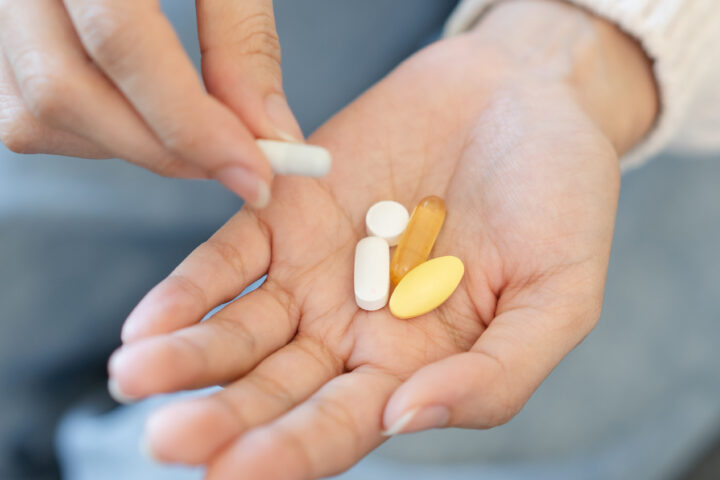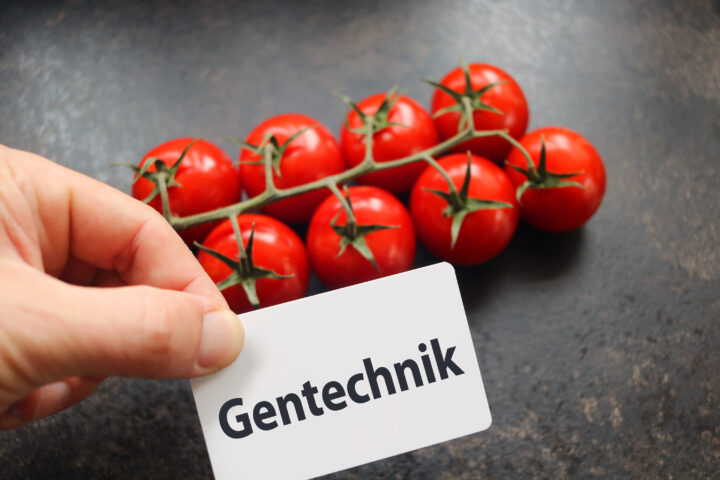
Climate change: "You have to invest heavily in innovation".
Even if the world manages to limit the increase in global temperature to 1.5 degrees, farmers will lose an additional 5-10 percent of their harvest on average. This is why climate change is such a serious problem for agriculture. At the same time, agriculture itself must contribute to climate protection. According to Matthias Berninger from Bayer, investments in new technologies are crucial for this.
Monday, November 8, 2021
Fertilisers are among the main sources of greenhouse gases in agriculture. Bayer is researching alternatives. But how do you make the switch? Matthias Berninger tells CNBC: "You have to invest heavily in innovation. The Haber-Bosch process is one of the most important chemical processes in human history. Thanks to it, we have traditional fertiliser. About 40 per cent of all food is based on the process. Therefore, you can't just flip the switch." But advances in genetics and biorevolution would certainly produce alternatives. Fertiliser today accounts for about 4 per cent of all CO2 emissions. So the potential for climate protection is huge here.
Related articles

Residue is not the same as residue
Painkillers like Voltaren are a blessing for us – yet in our rivers they can harm fish. If these were crop protection products, calls for bans would be immediate. It becomes clear that we are applying double standards.

ARTE documentary: Genetic engineering in organic farming?
The ARTE documentary “Genetic engineering in organic farming?” examines key controversial questions of modern agriculture: Is the general exclusion of new breeding technologies still up to date? Can the resistance of organic farming be justified scientifically?

The Great Suffering of Farmers
Fire blight, Japanese beetles, or grapevine yellows – farmers in Valais, too, are increasingly feeling helpless in the face of the threats posed by nature. More and more often, they lack the means to effectively protect their crops. This makes it all the more important for the Federal Council to place a pragmatic balancing of interests at the forefront when setting threshold values.

'Tomatoes on your eyes'
The submitted “Food Protection Initiative” calls for “GMO-free food.” Leaving aside this illusory demand, its adoption would mean more bureaucracy, more trade barriers, and less innovation. The Swiss Farmers’ Union describes the proposal as “unnecessary” and warns of a setback to the goal of achieving an even more sustainable agriculture.

